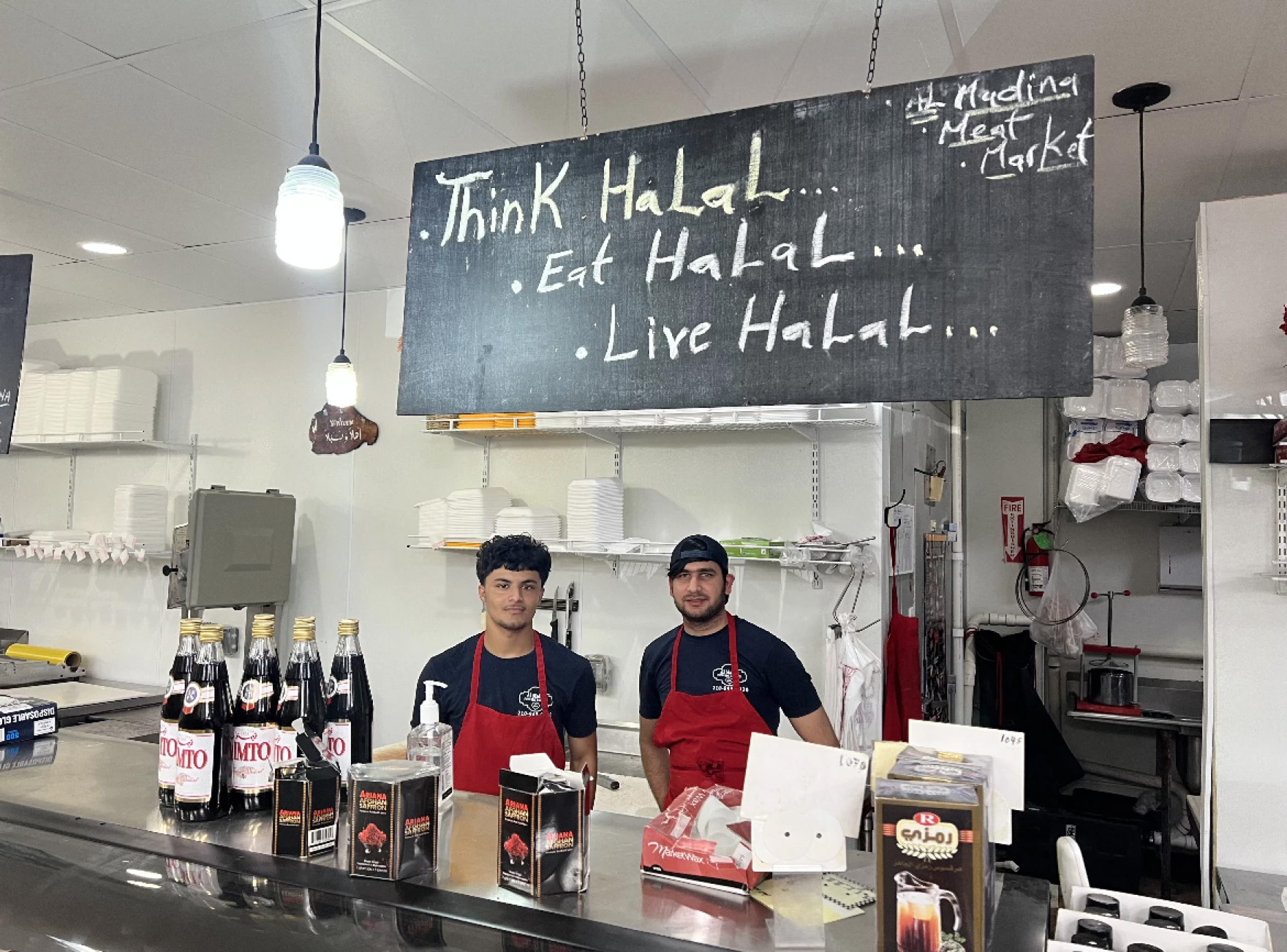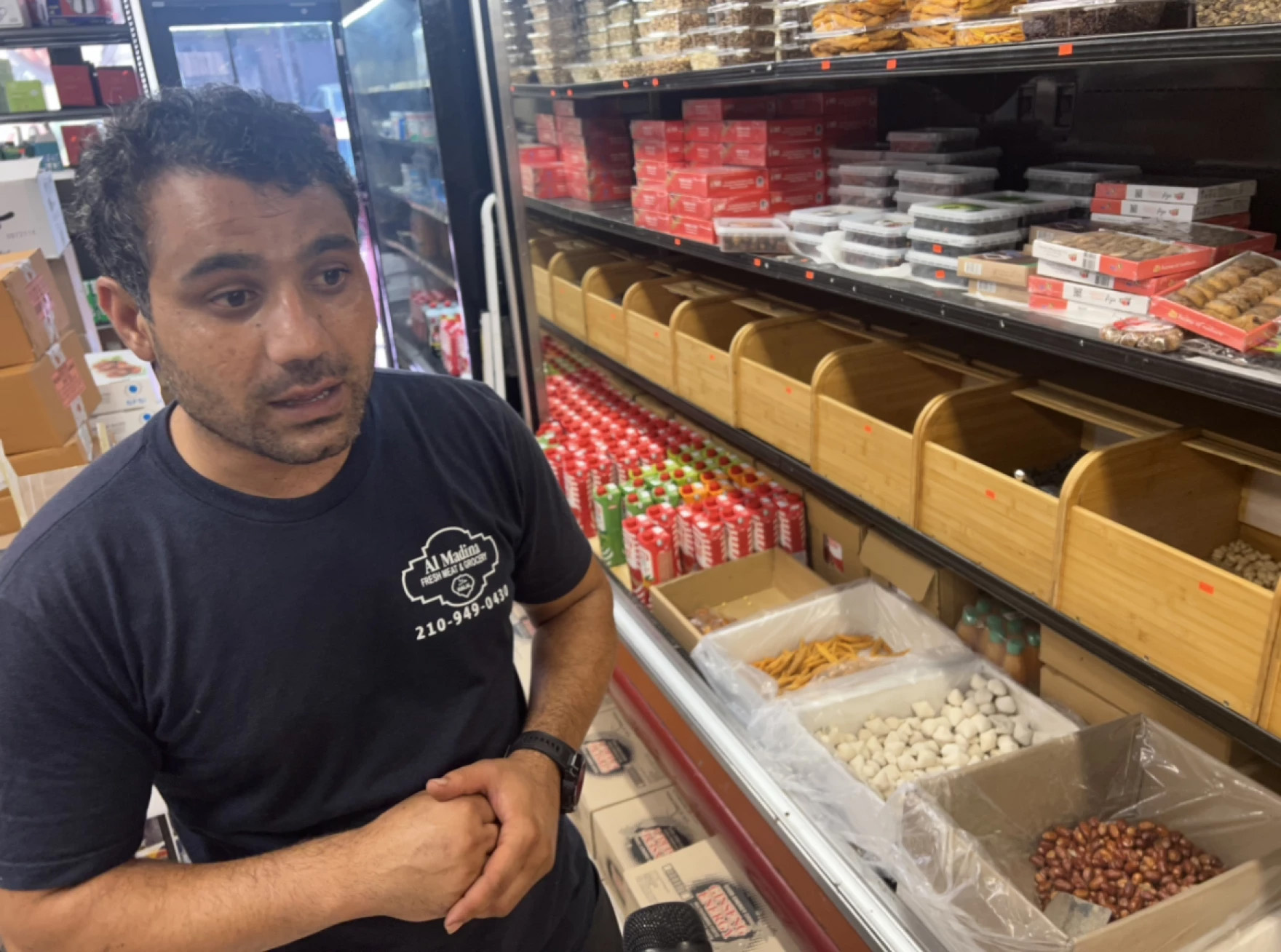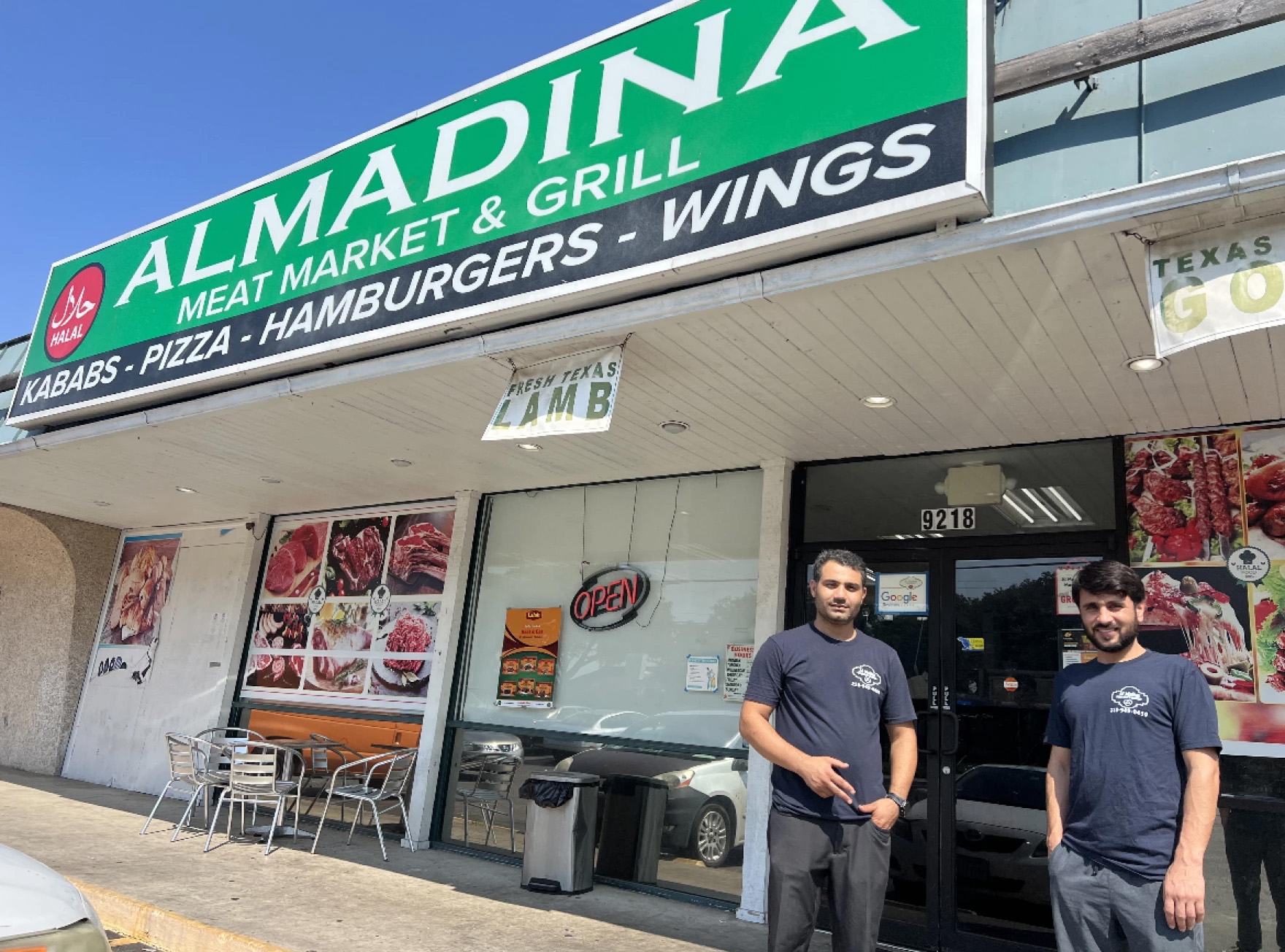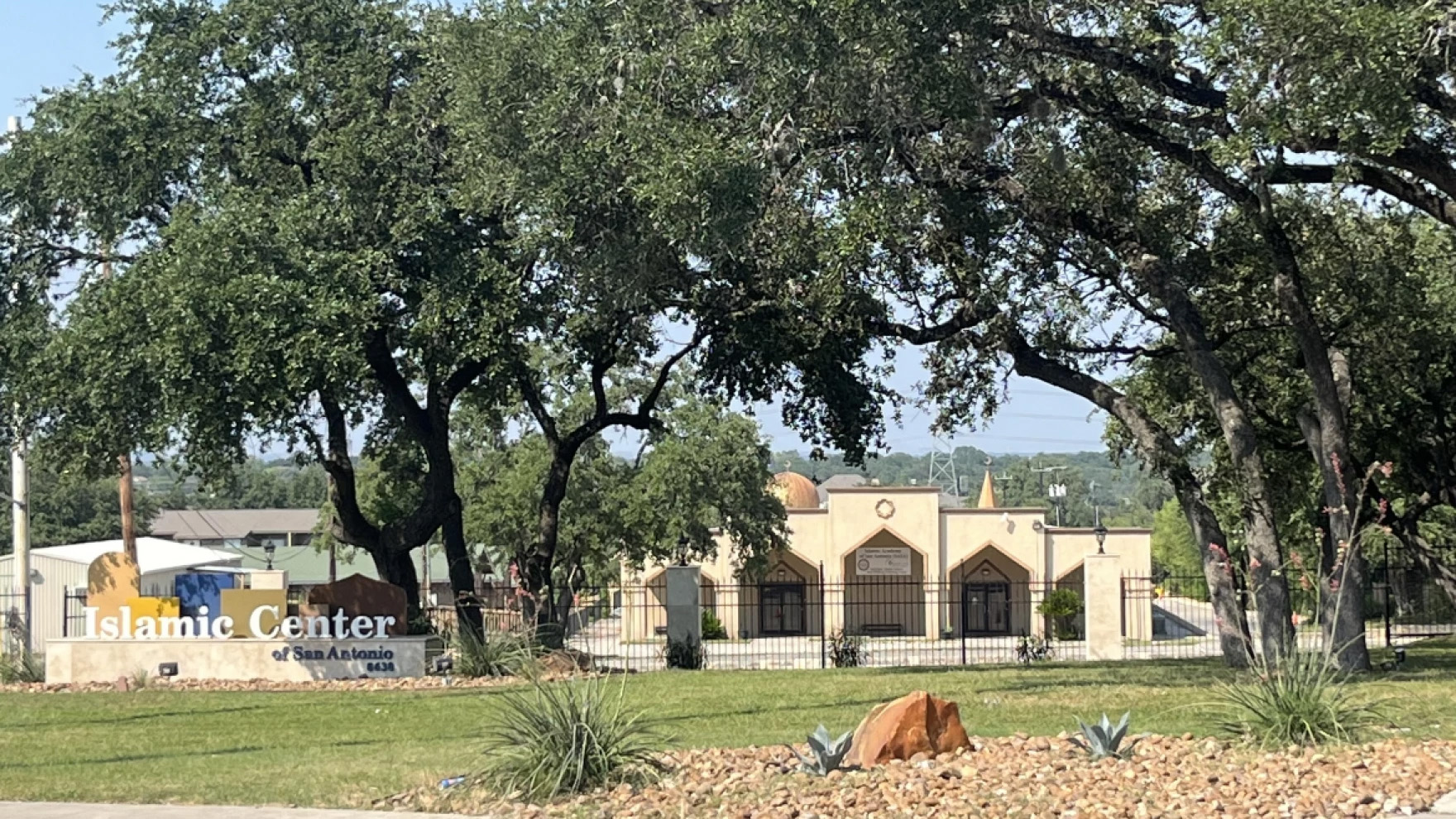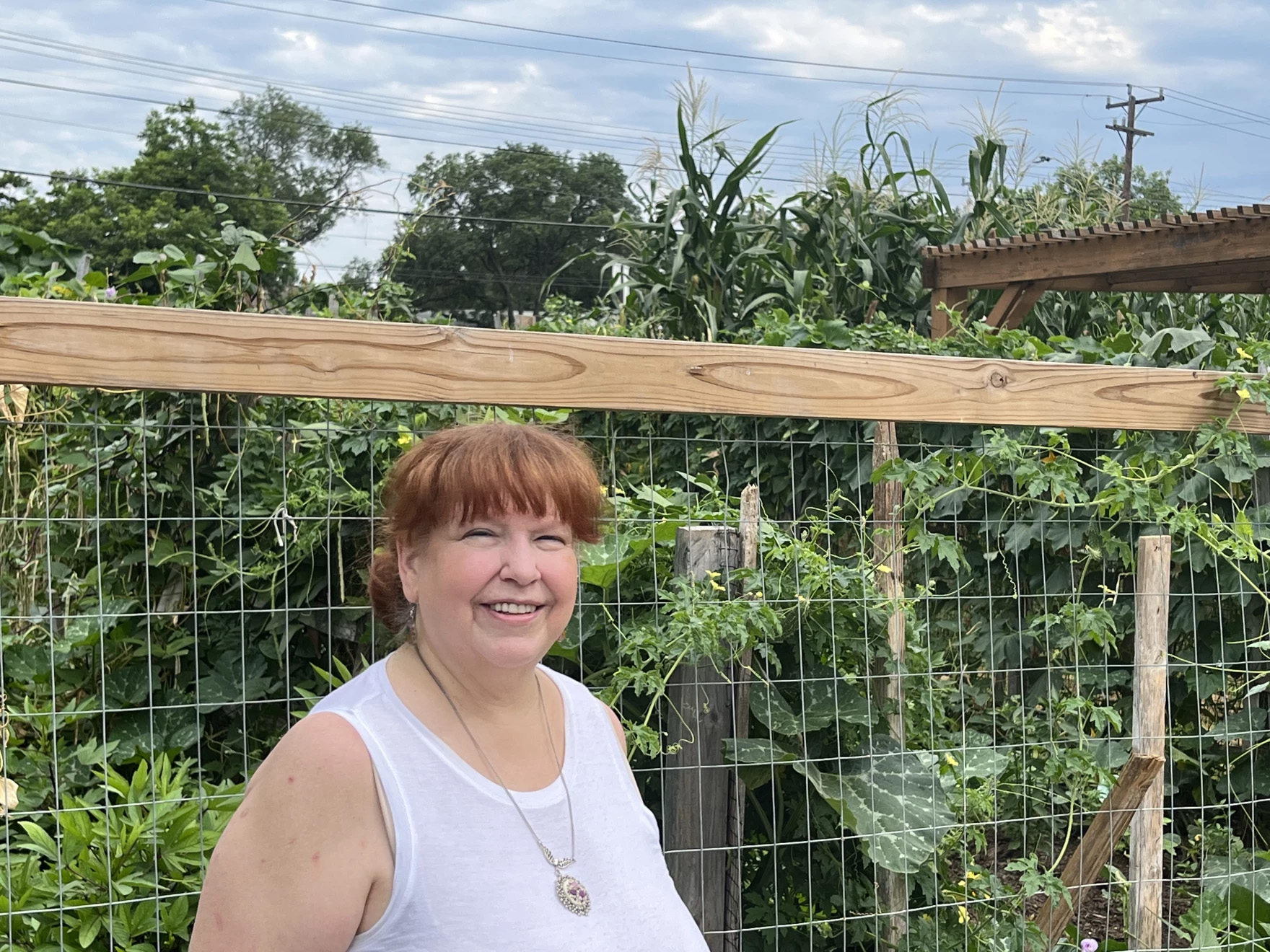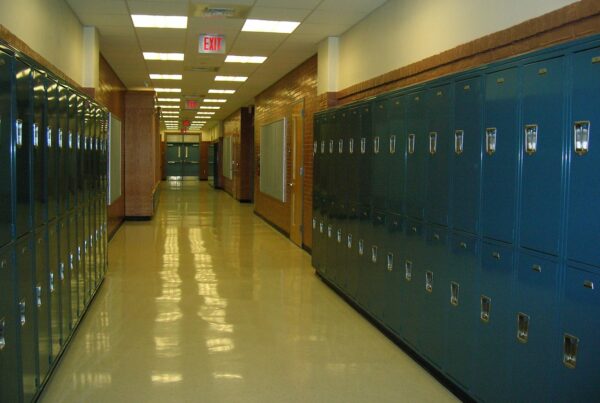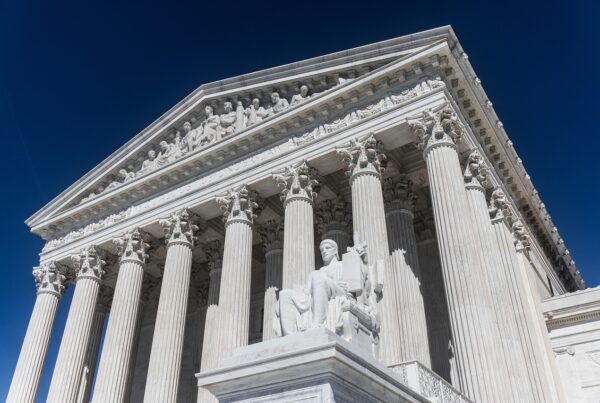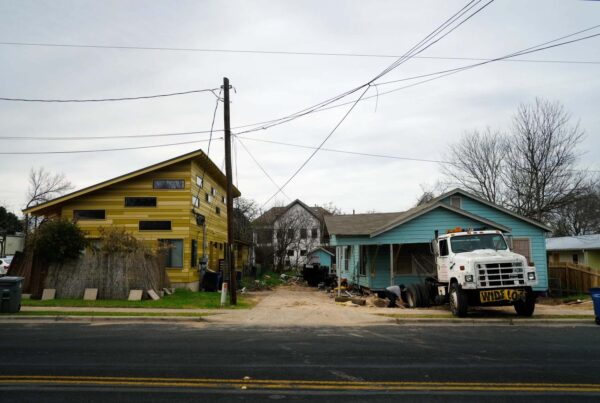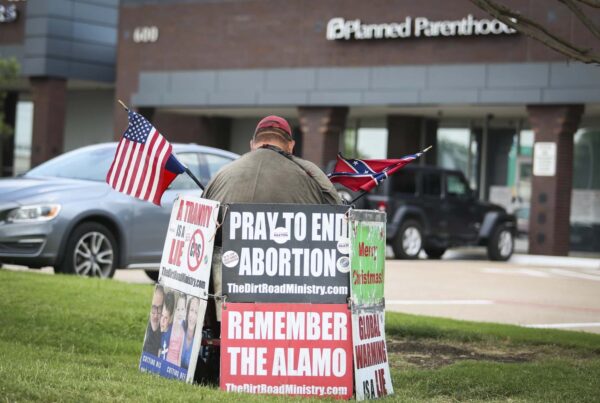From Texas Public Radio:
This story is part of a new TPR series Between Here and Home about how Afghans are navigating life in San Antonio after the war.
Nestled between San Antonio’s Medical Center hospitals, doctor’s offices, coffee shops, the VA, and corporate headquarters, is a growing community of people who have settled from halfway around the world.
It’s a typical busy Sunday afternoon at Al Madina market off of Wurzbach Road, the main commercial thoroughfare.
It’s a small grocery store and meat market catering to Afghans or anyone in the neighborhood in need of Halal meats that are prepared in accordance with Islamic law.
Faqeer Aman is one of the owners. He took TPR on a tour of the place.
“This is all the meat section. This cooler only has beef. And this cooler you see lamb and goat,” he said.
It’s one of a handful of places in San Antonio where people can get Halal meat.
“People come and they choose which piece they like so they can pick it up and we cut it for them by that cutting machine,” he said.


